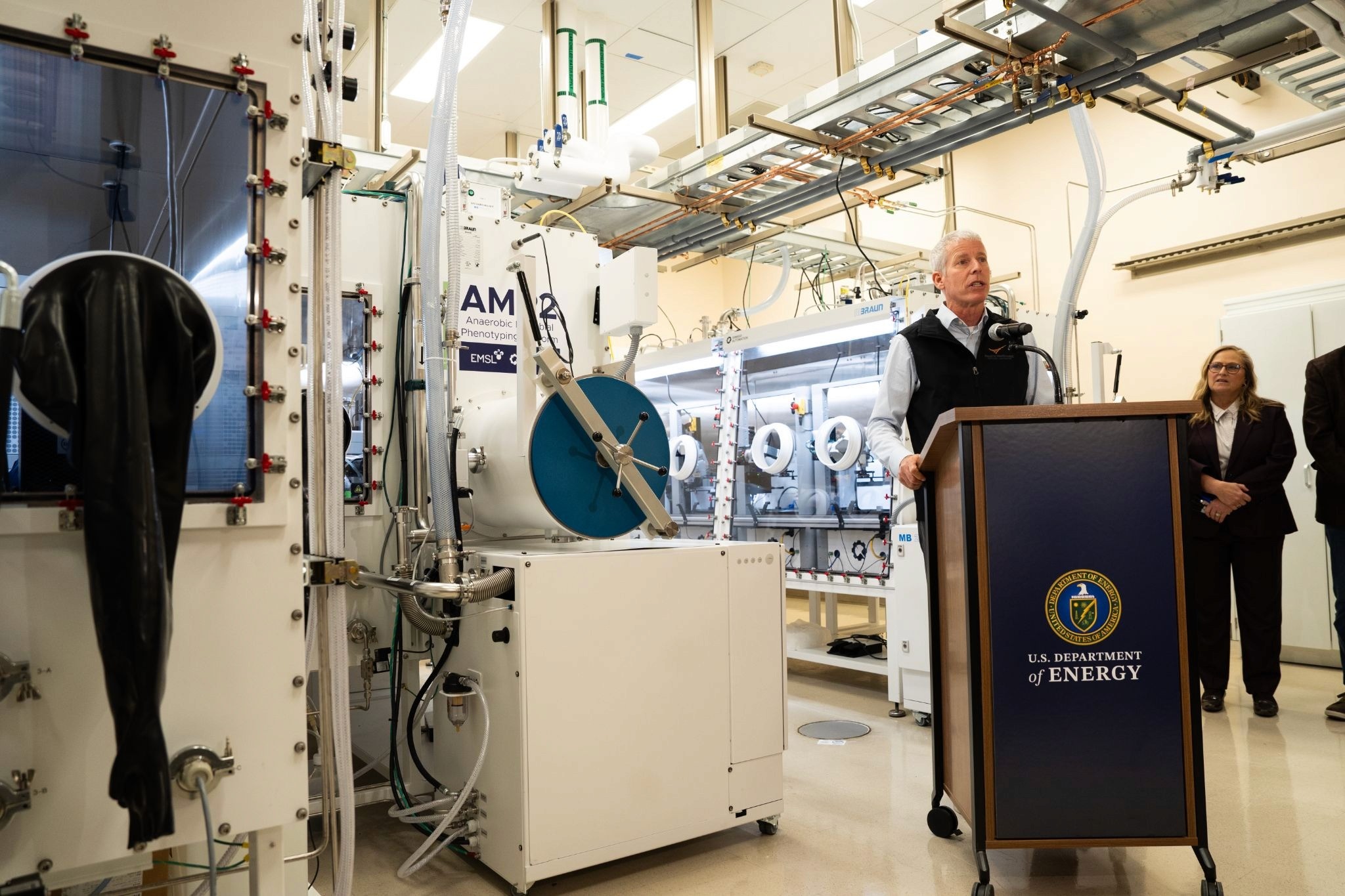Engineered Human Therapies
A-Alpha Bio Receives Gates Foundation Grant to Develop Drugs for Infectious Diseases
May 31, 2019
May 30, 2019 - A-Alpha Bio (http://www.aalphabio.com) announces that it has been awarded a grant by the Bill & Melinda Gates Foundation to support a feasibility study for the discovery and optimization of therapeutics to protect developing world infants from intestinal pathogens. A-Alpha Bio will conduct this work in collaboration with Lumen Biosciences and MassBiologics of the University of Massachusetts Medical School, both of whom were previously awarded Gates Foundation grants to develop ultra-low-cost biologics for treating infant diseases in developing countries.
Intestinal pathogens kill over 500,000 children under 5 each year. Children who survive face lifelong health problems, including weaker immune responses and impaired cognitive development. The effectiveness of drugs to treat and prevent enteric diseases is impeded by the enormous diversity of pathogens that cause them. Even subtle genetic differences between strains of the same organism can prevent a drug from curing an infection.
Existing drug development technologies focus on identifying a drug that treats a single disease strain at a time. With these current tools, identifying drugs that are effective against multiple strains requires iterative screening and optimization, which is slow, expensive, and often inadequate. The problem is particularly severe in the case of intestinal pathogens, since there are hundreds of different pathogenic strains that need to be considered for the development of a new drug.
With support from the Bill & Melinda Gates Foundation, A-Alpha Bio will evaluate AlphaSeq, a proprietary ‘multi-target’ drug discovery platform, with the intent of developing drugs that target many strains of intestinal pathogens simultaneously. In a single experimental step, A-Alpha Bio will test the effectiveness of a panel of drug candidates against multiple intestinal pathogen strains. If successful, this work will serve to demonstrate a powerful new drug development tool capable of having a major impact on the development of drugs to treat highly-diverse infectious diseases.
About A-Alpha Bio
A-Alpha Bio provides biologics discovery and optimization services to pharmaceutical companies that require binding and/or specificity optimization to multiple target proteins. AlphaSeq, their proprietary platform technology, measures protein interactions at a library-on-library scale by quantifying physical interactions between two libraries of genetically engineered cells. Based in Seattle, WA, A-Alpha Bio was founded in 2017 by a team of synthetic biologists from the University of Washington's Institute for Protein Design and Center for Synthetic Biology.
About Lumen
Lumen Bioscience is the first company to successfully use modern biotechnology tools in Spirulina, a blue-green algae that is widely grown for use in food, cosmetics and nutritional supplements. Lumen's tools and methods use Spirulina to make high-value proteins and other molecules for healthcare, food, cosmetics and industry. Traditional biotech platforms, many based on yeast and E. coli, have proven unsuitable for the large-scale production of certain classes of proteins and other biologics. Thanks to Lumen’s technology, Spirulina has the chance to join these as an important new production platform for the biotechnology industry. For more information, visit www.lumenbioscience.com
About MassBiologics of the University of Massachusetts Medical School
MassBiologics of the University of Massachusetts Medical School is the only non-profit, FDA-licensed manufacturer of vaccines in the United States. For over 100 years, MassBiologics has worked to improve public health through applied research, development and production of biologic products, including vaccines, plasma derivatives and most recently, monoclonal antibodies. In 1997, the Commonwealth of Massachusetts transferred oversight of MassBiologics to the University of Massachusetts Medical School, one of five campuses of the University system. Like MassBiologics, its mission is to advance the health of the people of the commonwealth through pioneering education, research, public service and health care delivery. For more information, visit https://www.umassmed.edu/massbiologics/

















